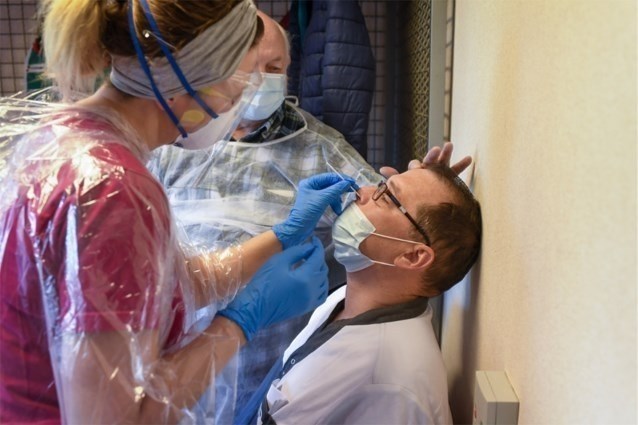The symptoms of Covid-19 infection appear in a fixed order – fever, cough, muscle pain, and then nausea/vomiting, and finally diarrhoea – according to a study carried out by scientists at the University of Southern California (USC).
The study looked at the reported symptoms of 55,000 people who tested positive for the coronavirus in China between 16 and 24 February, collected by the World Health Organisation (WHO). They also studied data provided by the National Health Commission in China of 1,100 cases collected between 11 December 2019 and 29 January 2020.
Finally, they compared those data with 2,470 influenza cases from North American Europe and the southern hemisphere, dating from 1994 to 1998.
Problems with the lungs, such as coughing and trouble breathing, are common to many viral diseases, including SARS, after which the new coronavirus was named.
However the thing that sets Covid apart is the presence and timing of symptoms in the gastrointestinal (GI) tract.
"The upper GI tract (nausea/vomiting) seems to be affected before the lower GI tract (diarrhoea) in Covid-19, which is the opposite from MERS and SARS," the scientists wrote.
The clear order of the appearance of symptoms of Covid-19 offers many advantages. In the first place, patients would have reason to suspect they were infected by the timing of symptoms. Doctors would quickly be able to rule out other infections, and take steps to isolate the patient.
“Given that there are now better approaches to treatments for Covid-19, identifying patients earlier could reduce hospitalisation time,” said Joseph Larsen, a doctoral student at USC and the study's lead author.
“This order is especially important to know when we have overlapping cycles of illnesses like the flu that coincide with infections of Covid-19,” said Peter Kuhn, professor of medicine and biomedical engineering, and Larsen’s adviser.
“Doctors can determine what steps to take to care for the patient, and they may prevent the patient's condition from worsening.”
The study is published in the current issue of the journal Frontiers in Public Health.
Alan Hope
The Brussels Times

